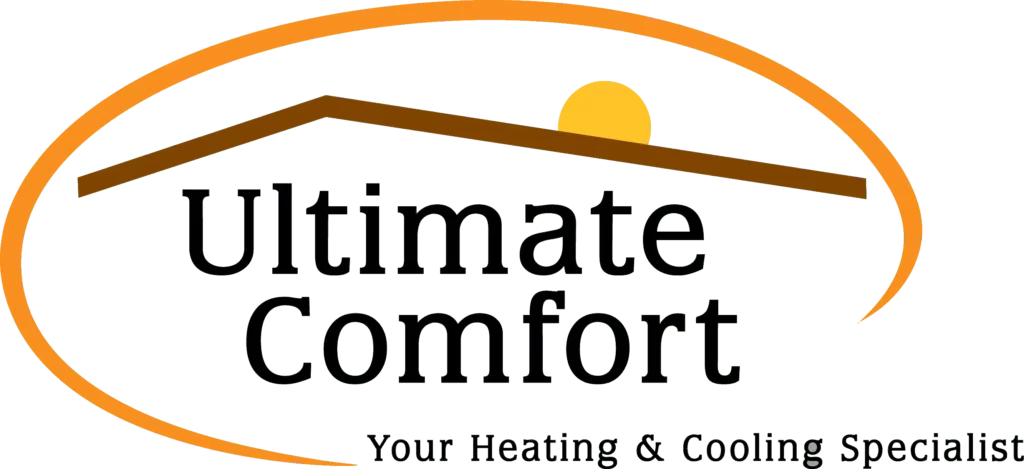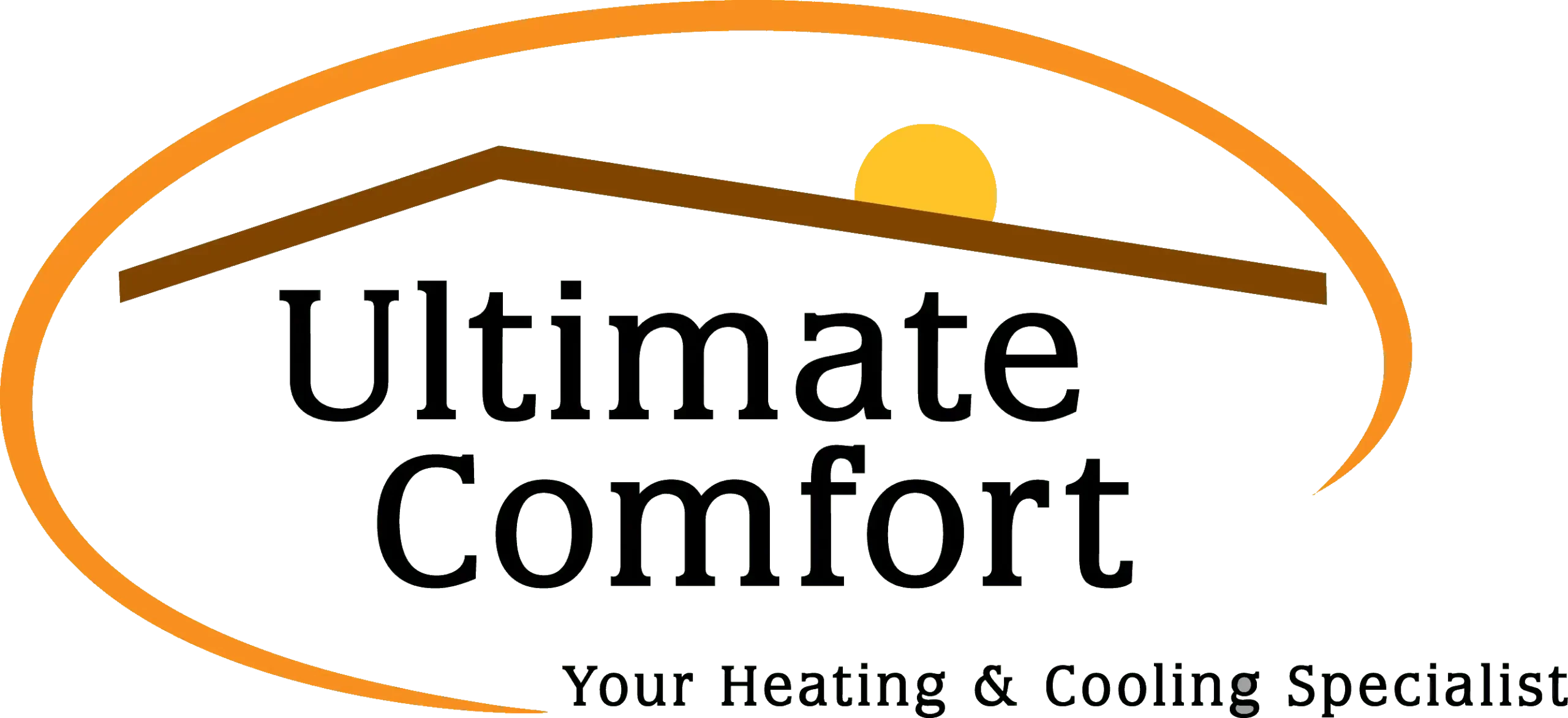Understanding Heat Pump Installation Costs in Portland, OR: What to Expect and How to Save
Understanding the costs associated with heat pump installation is crucial for Portland, OR, residents looking to improve their home’s energy efficiency and comfort. Heat pumps are an excellent alternative to traditional heating and cooling systems, offering year-round climate control while reducing energy consumption. In this blog, we’ll break down the factors that influence installation costs, provide average cost estimates for the Portland area, and offer tips on how to save money on your heat pump installation.
What is a Heat Pump?
A heat pump is an innovative HVAC system that provides both heating and cooling by transferring heat from one place to another. Unlike traditional furnaces or air conditioners, heat pumps do not generate heat through combustion or resistive heating. Instead, they use electricity to move heat between the indoors and outdoors, making them highly energy-efficient.
Benefits of Using a Heat Pump:
- Energy Efficiency: Heat pumps can deliver up to three times more heating energy to a home than the electrical energy they consume.
- Year-Round Comfort: They provide both heating and cooling, ensuring your home stays comfortable throughout the seasons.
- Environmental Impact: By reducing energy consumption, heat pumps help lower your carbon footprint.
- Cost Savings: Over time, the energy savings from a heat pump can offset the initial installation costs.
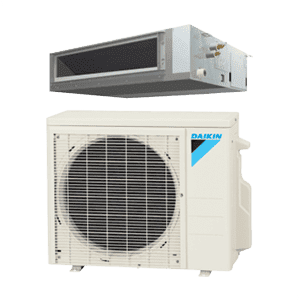
Factors Influencing Heat Pump Installation Costs
When considering the installation of a heat pump in Portland, OR, several factors can influence the overall cost. Understanding these variables can help you make an informed decision and budget accordingly.
- Type of Heat Pump:
- Air-Source Heat Pumps: These are the most common and typically the least expensive option. They transfer heat between the air inside your home and the outside air.
- Ground-Source (Geothermal) Heat Pumps: These are more expensive due to the need for underground installation, but they offer higher efficiency by transferring heat between your home and the ground.
- Size of the Unit:
- The size of the heat pump needed for your home depends on the square footage and the layout of your space. Larger units typically cost more but are necessary for adequately heating and cooling larger homes.
- Installation Complexity:
- The complexity of the installation process can significantly impact costs. Factors include the accessibility of your home’s ductwork, the need for additional electrical work, and any modifications required for existing systems.
- Additional Components or Upgrades:
- Costs can increase if additional components or upgrades are needed, such as new ductwork, zoning systems, or advanced thermostats.
Understanding these factors can help you anticipate the cost of installing a heat pump in your home.
Average Heat Pump Installation Costs in Portland, OR
The cost of installing a heat pump in Portland, OR, can vary based on the factors discussed earlier. However, having a general idea of the average costs can help you budget effectively.
- Air-Source Heat Pumps:
- Basic Units: $3,500 – $7,500
- High-Efficiency Units: $5,000 – $12,000
- These prices include both the unit and the installation labor.
- Ground-Source (Geothermal) Heat Pumps:
- Basic Systems: $10,000 – $20,000
- Advanced Systems: $20,000 – $30,000
- The higher costs are due to the excavation and installation of the ground loop system.
- Comparison with Other Heating Systems:
- Traditional Furnaces: $2,000 – $5,000
- Central Air Conditioners: $3,000 – $7,000
While heat pumps may have a higher upfront cost compared to traditional heating and cooling systems, their energy efficiency and dual functionality can lead to significant savings on energy bills over time. Additionally, heat pumps often have a longer lifespan, further offsetting their initial investment.
For more information on air conditioning services that can complement your heat pump system, check out our air conditioning service page.
How to Save on Heat Pump Installation
Investing in a heat pump doesn’t have to break the bank. Here are some tips to help you save on the installation costs:
- Seasonal Promotions and Discounts:
- Many HVAC companies offer discounts during off-peak seasons. Keep an eye out for promotions during spring and fall, when demand for heating and cooling services is typically lower.
- Energy Efficiency Rebates and Incentives:
- Take advantage of local and federal rebates for installing energy-efficient systems. Programs like the Energy Trust of Oregon offer incentives that can significantly reduce your upfront costs. Check out available rebates here.
- Financing Options:
- Consider financing plans offered by HVAC companies. Spreading the cost over several months or years can make the investment more manageable. At Ultimate Comfort, we offer flexible financing options to suit your budget. Learn more on our contact page.
- Regular Maintenance:
- Keeping your system well-maintained can extend its lifespan and improve its efficiency. Regular maintenance can prevent costly repairs and ensure your system operates at peak performance. Our air conditioning maintenance services can help keep your system in top shape.
- Get Multiple Quotes:
- Obtain quotes from several licensed and certified HVAC contractors to ensure you’re getting a fair price. Comparing different offers can help you find the best deal without compromising on quality.
By following these tips, you can reduce the overall cost of installing a heat pump and enjoy the benefits of a more energy-efficient home.
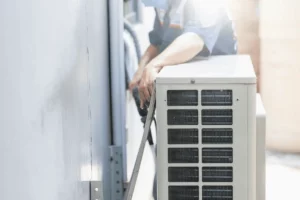
Choosing the Right Installer
Selecting the right installer for your heat pump is crucial to ensure a smooth installation process and optimal system performance. Here are some tips for finding a reliable and professional installer in Portland, OR:
- Check Licenses and Certifications:
- Make sure the installer is fully licensed and certified. In Oregon and Washington, HVAC contractors must meet specific licensing requirements. Look for NATE (North American Technician Excellence) certification, which indicates that the technician has undergone rigorous training and testing.
- Experience and Expertise:
- Choose an installer with extensive experience in heat pump installations. Experienced technicians are more likely to handle complex installations efficiently and address any issues that may arise.
- Read Reviews and Ask for References:
- Research customer reviews and testimonials to gauge the quality of service provided by the installer. Don’t hesitate to ask for references and speak with past customers about their experiences.
- Get Detailed Quotes:
- Obtain detailed quotes that outline the cost of equipment, labor, and any additional charges. A transparent and itemized quote helps you understand what you’re paying for and ensures there are no hidden costs.
- Warranty and Maintenance Services:
- Ensure the installer offers a solid warranty on both the equipment and the installation work. Additionally, inquire about ongoing maintenance services to keep your system running efficiently. Our comprehensive air conditioning repair services can help maintain your system’s longevity.
- Partnerships and Affiliations:
- An installer partnered with reputable HVAC brands like Rheem and Daikin is more likely to provide high-quality products and services. These partnerships often come with additional training and support, ensuring better installation and maintenance services.
Choosing the right installer ensures that your heat pump system is installed correctly and functions efficiently for years to come.
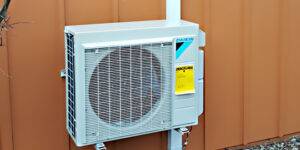
Conclusion
Understanding the costs associated with heat pump installation in Portland, OR, can help you make an informed decision and maximize your investment in home comfort and energy efficiency. By considering factors such as the type and size of the unit, installation complexity, and additional components, you can better estimate the overall cost. Additionally, exploring ways to save money, such as taking advantage of rebates and financing options, can make heat pump installation more affordable.
Choosing a reliable, licensed, and experienced installer is key to ensuring your system operates efficiently and lasts for many years. At Ultimate Comfort, we are committed to providing exceptional service and high-quality installations. Our team of NATE-certified technicians is here to help you every step of the way, from selecting the right system to ongoing maintenance and repair services.
For more information about our services, check out our air conditioning service, air conditioning repair, and air conditioning installation pages. If you have any questions or need assistance, please visit our contact page or view our service areas.
Ready to improve your home’s comfort and efficiency with a heat pump? Contact Ultimate Comfort today and let us help you make the best choice for your home.
